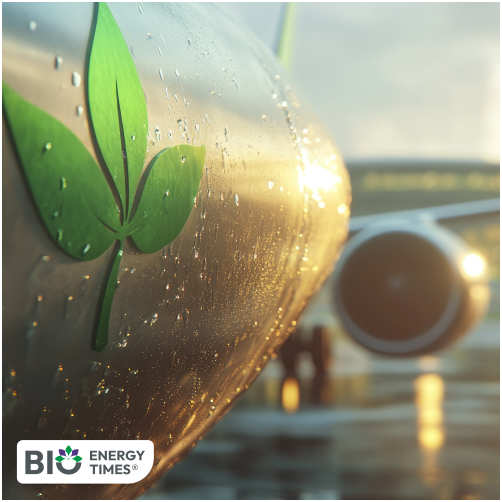Istanbul: Turkey is preparing to introduce new rules requiring airlines and jet fuel suppliers to increase the use of sustainable aviation fuel (SAF), aiming to reduce aviation-related carbon emissions by 5% by 2030, the country’s civil aviation authority announced on its website, reports Reuters.
The move aligns with the United Nations International Civil Aviation Organization’s (ICAO) global emissions reduction plan, which will become mandatory in 2027. Under the new guidelines, airlines operating international flights involving Turkey will be required to use enough SAF to meet the 5% reduction target. Fuel suppliers and oil refiners will also be expected to play their part.
Jet fuel producers in Turkey, including Tupras and Socar, will be required to begin SAF production. Tupras, the country’s largest oil refiner, plans to start producing 20,000 metric tons of SAF in 2026 and aims to scale up to 400,000 tons with the construction of a new unit at its Izmir refinery, pending a final investment decision. Local biofuel company DB Tarimsal Enerji also plans to build a new facility to produce 100,000 tons of SAF.
According to the civil aviation authority, a minimum share of SAF must be loaded within Turkey—airline operators will be required to load 90% of their SAF for international flights at Turkish airports. Fuel suppliers that fail to meet the new targets will face penalties, the authority added.
The aviation sector is currently responsible for about 2.5% of global energy-related CO₂ emissions, according to the International Energy Agency. Turkey’s push toward SAF comes amid a broader effort to reduce emissions and align with international environmental standards. The country’s jet fuel demand dropped by 4% last year to 6.26 million tons, or about 135,000 barrels per day, according to national energy data.
The aviation authority said it will publish updated minimum emission reduction targets before the end of each third quarter, keeping the industry informed and accountable as the SAF mandate progresses.















